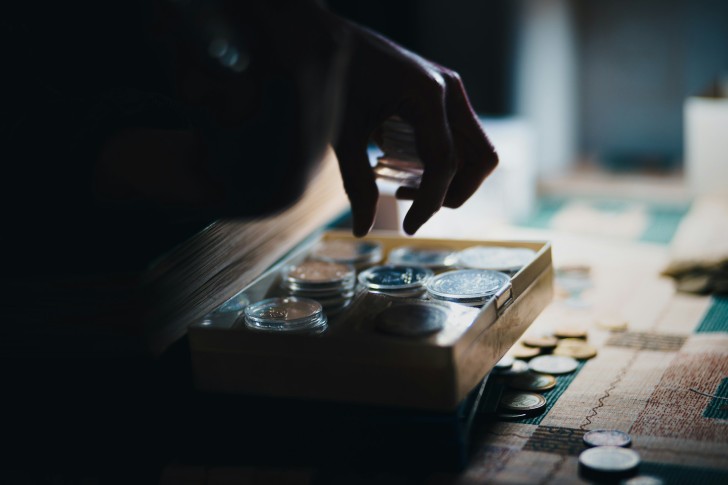Smart wealth preservation means holding assets that maintain value regardless of what happens to paper money. When currency falters, certain tangible and financial assets become lifeboats.
1. Precious Metals That Have Lasted Millennia
Gold and silver have been valuable for thousands of years across every civilization on earth. They don't rust, degrade, or disappear. When currency crumbles, precious metals hold their worth because their value isn't tied to any government's promise.
People mock gold bugs until currency problems hit. Then suddenly everyone remembers why these metals matter. An accounting company handling wealth for clients in unstable economies will always recommend some allocation to precious metals. They're not exciting investments. They don't pay dividends or interest. But they're insurance against currency collapse, and insurance only seems unnecessary until disaster strikes.
2. Land and Property That Exists Beyond Paper
Physical real estate can't be printed into existence like currency. There's only so much land available, especially in desirable locations. When money loses value, property becomes one of the few assets people can actually use and live in while it holds value.
Farmland carries extra weight during currency crises. It produces food regardless of what's happening to the monetary system. People need to eat no matter what the currency is worth. Owning productive land means owning something with intrinsic value that doesn't depend on faith in government stability.
3. Commodities People Actually Need
Oil, wheat, coffee, copper, these aren't just trading symbols on screens. They're physical goods that economies need to function. When currency weakens, commodity prices rise because the stuff itself hasn't changed value. The measuring stick just got smaller.
Holding commodities or companies that produce them provides a hedge against currency problems. Food doesn't become less valuable because a dollar buys less than it used to. Energy doesn't stop being necessary when inflation hits double digits. These fundamental needs persist regardless of monetary chaos.
4. Businesses That Generate Real Cash Flow
Companies producing essential goods or services maintain value when currency doesn't. A business that sells products people need will adjust its prices upward as money loses value. The enterprise itself continues operating and generating income that can be repriced in whatever currency exists.
This is different from holding cash. Cash sits there losing purchasing power. A functioning business adapts, raises prices, and continues creating value. Ownership stakes in real estate firms, energy producers, or consumer staples companies tend to survive currency devaluation better than financial assets tied to fixed values.
Conclusion
Most people think about wealth as numbers in accounts. Retirement savings, investment portfolios, bank balances. These matter during normal times, but normal times don't last forever. Currency has failed repeatedly throughout history, and there's no reason to assume it can't happen again.
Protecting wealth means spreading it across different types of assets that don't all depend on currency stability. Some precious metals, some real estate, some commodity exposure, some ownership in real businesses, and continuous investment in skills and knowledge.
 Editorial staff
Editorial staff

 Editorial staff
Editorial staff


